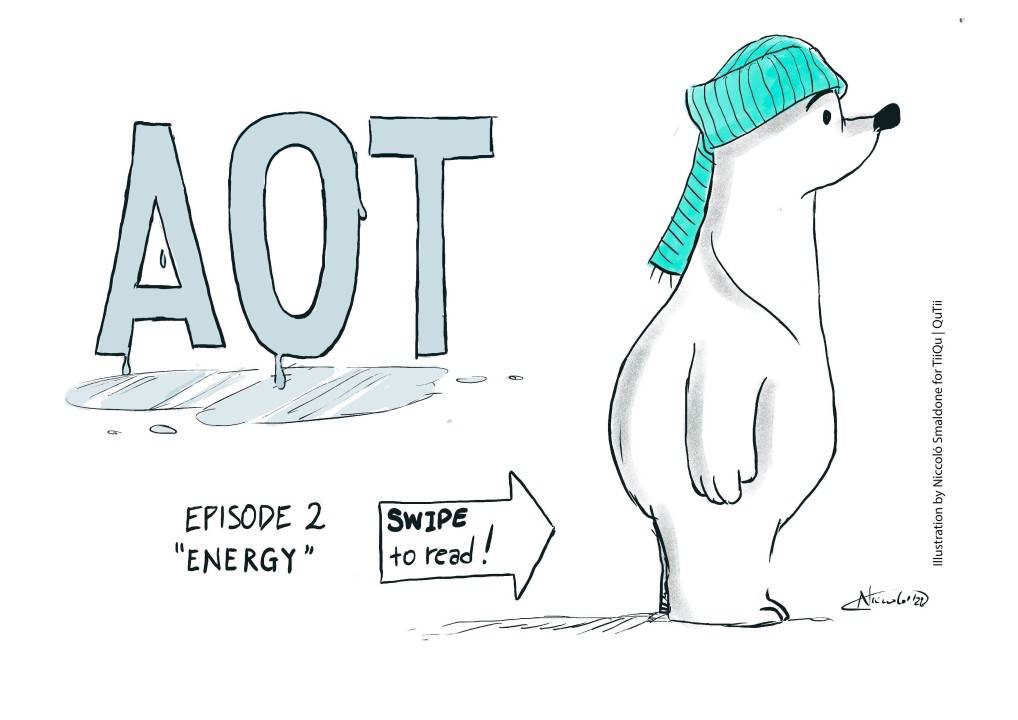In a world characterized by an increasingly pluralistic society, the inquiry into the veracity of religious claims has become paramount. Every faith tradition purports to convey ultimate truths, yet alongside these proclamations emerges a cacophony of interpretations, misunderstandings, and, at times, intentional misrepresentations. The Bahá’í teachings offer an illuminating lens through which to navigate this labyrinthine landscape, addressing the pressing question: Do religions lie? This exploration not only engages with the concept of truth versus misrepresentation but also examines the underlying motivations that drive individuals and groups to distort religious narratives.
The Bahá’í perspective posits that every major religion is a manifestation of an overarching divine plan, which unfolds progressively throughout human history. This belief serves as a foundational principle, suggesting that rather than lying, religions may instead reflect different facets of a singular truth, filtered through cultural and temporal lenses. Consequently, each religious tradition emerges not in opposition to one another but rather as complementary segments of a greater whole. In this understanding, truth does not reside solely within the confines of a single doctrine but is a multifaceted gem, requiring discernment and insight to unveil its full splendor.
Nevertheless, the potential for misrepresentation remains an ever-present concern, often rooted in historical context, socio-political factors, and human psychology. Throughout history, religious texts have been subject to various interpretations, some benevolent and others malicious. The act of misrepresenting religious tenets may stem from a myriad of motivations, including power dynamics, the desire for control, and the propagation of ideological agendas. To disentangle the sacred from the profane necessitates a conscientious approach to understanding the subtleties of faith.
The impact of misrepresentation manifests in multiple ways. Individuals may adopt or perpetuate misleading views of a religion based on stereotypes, cultural biases, or historical grievances. The ensuing misperceptions can lead to intolerance, engendering conflict and division. This phenomenon exemplifies the critical need for objective inquiry into religious claims, grounded in genuine desire for understanding rather than the impulse to judge. Through the lens of the Bahá’í teachings, one comes to appreciate the vital importance of fostering unity and acceptance, even amidst diverse theological viewpoints.
Approaching the task of separating truth from misrepresentation involves several key considerations. First, it is essential to engage in an open-minded examination of primary religious texts, unfettered by preconceived notions. The Bahá’í writings encourage individuals to read sacred texts with discernment, seeking layers of meaning that may illuminate the text’s true intent. In this spirit, critical engagement allows for an appreciation of the broader context surrounding religious narratives while simultaneously honoring the integrity of religious expressions.
Secondly, cultivating a historical understanding of religious development is imperative. Many religions have undergone transformative shifts over time, influenced by myriad factors, including socio-political dynamics and intercultural interactions. Emphasizing historical consciousness brings insight into how misconceptions may arise, thereby informing contemporary interpretations. The Bahá’í teachings reflect this historical progression, underscoring the importance of recognizing previous dispensation while embracing the unity of all religious truths.
Moreover, fostering dialogue with individuals from various faith backgrounds provides an invaluable platform for mutual understanding. Engaging in interfaith conversations empowers adherents to articulate their beliefs while simultaneously recognizing the validity of others’ experiences. Bahá’ís engage actively in fostering such conversations, promoting a spirit of inclusivity that transcends divisions. This dialogue, rooted in respect and compassion, serves as a powerful antidote to the misconceptions that often proliferate within religious discourse.
The role of education in dispelling misrepresentations cannot be understated. Misunderstandings often stem from ignorance or lack of access to reliable information regarding a particular faith. As such, educational initiatives aimed at enhancing religious literacy can significantly impact societal outlooks. Understanding key tenets, ethical guidelines, and the historical evolution of diverse religions can pave the path toward greater empathy and knowledge. The Bahá’í community emphasizes the importance of education as a means of diminishing prejudice and fostering harmony among peoples.
Furthermore, self-reflection and critical thinking are crucial skills in navigating religious claims and discerning truth. Adherents are encouraged to question their beliefs and face the multifaceted nature of truth, remaining open to new insights. The Bahá’í teachings advocate for the examination of one’s motives, predilections, and biases, engaging in introspection to comprehend personal spiritual and intellectual frameworks fully. This process can yield profound insights, refining one’s understanding of both personal beliefs and those of others.
In conclusion, the dissection of the intricate relationship between religion, truth, and misrepresentation necessitates a multifaceted and nuanced approach. The Bahá’í teachings offer profound guidance in navigating the complexities of spiritual expression, promoting a comprehensive understanding of diverse faiths. Genuine inquiry rooted in compassion, dialogue, education, and critical reflection can empower individuals to transcend the limitations of superficial interpretations. By collectively striving toward a deeper appreciation of the sanctity of all spiritual expressions, we illuminate the path toward unity, fostering a world resilient to misconception and rich in understanding.
